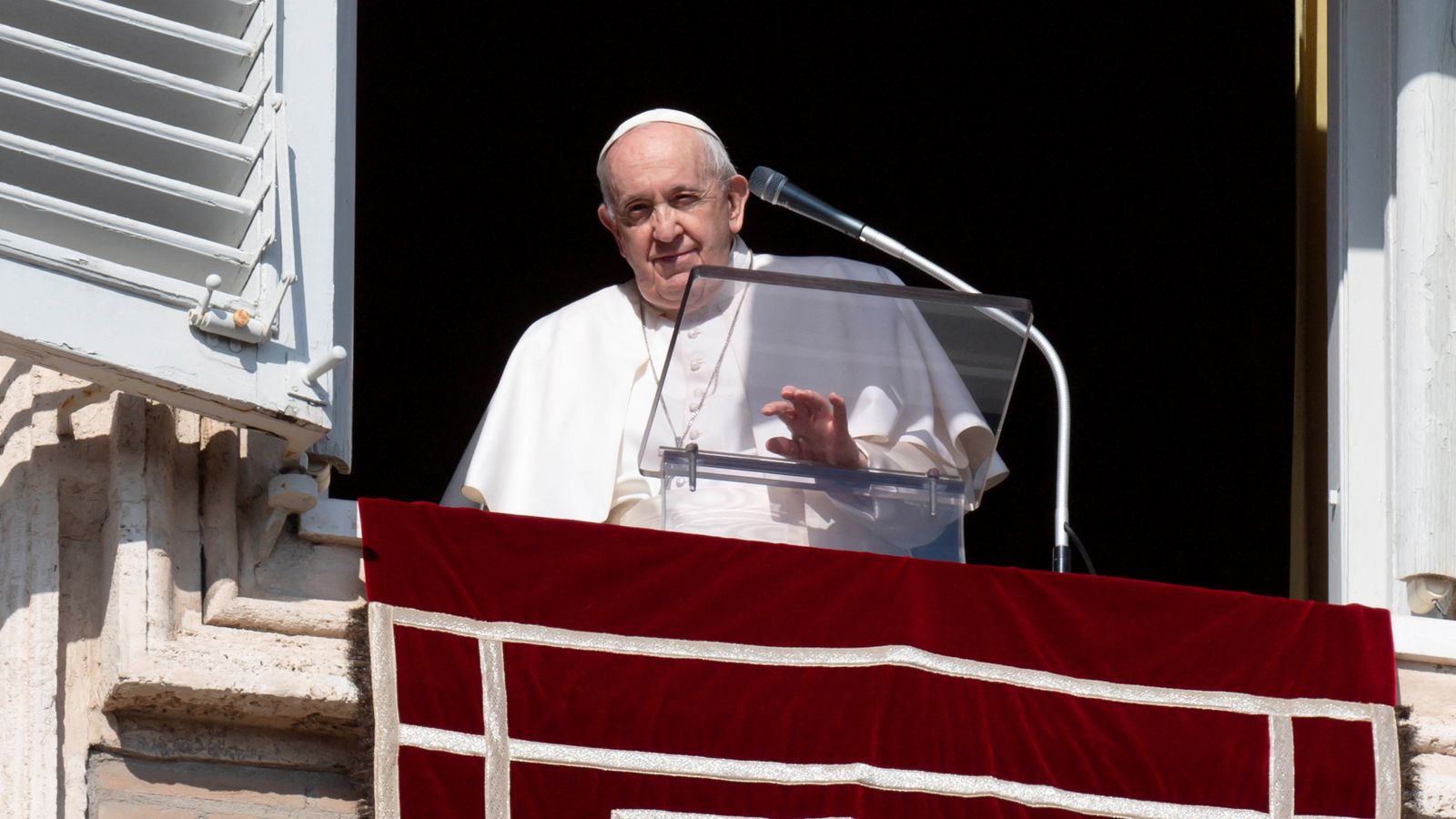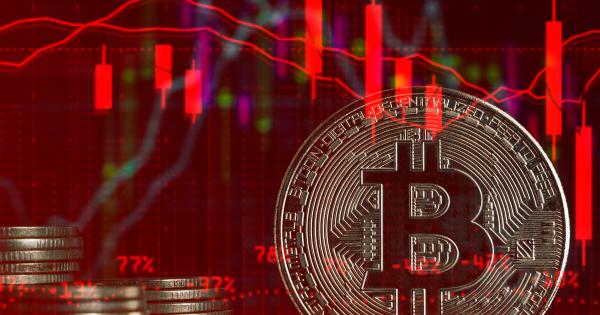The Vatican has said it has completed the sale of the luxury London building at the centre of an ongoing corruption trial – after taking an estimated hit of around £120m (€140m).
In a statement issued on Friday, the Vatican said the building was sold for £186m to Boston-based private investment firm Bain Capital.
However, the Vatican did not provide a definitive figure for the losses it has incurred in the process.
One person familiar with the various transactions over the years said it amounted to just over £120m (€140m).
The statement said that losses were covered by Vatican reserve funds, and stressed that donations from the faithful in a papal fund known as Peter’s Pence had not been used.
The sale of the building, located on Chelsea’s Sloane Avenue, marks a turning point in the Vatican’s botched investment strategies.
It comes as a fraud trial reaches its first anniversary later this month, which looks set to drag on for at least another year.
Ukraine war: Pope says Russia’s invasion was ‘perhaps in some way provoked’
Vatican fraud trial: Official claims he was put under ‘psychological pressure’ to find way out of spiralling investment chaos
Pope Francis approved secret €1m bid to free kidnapped nun from Islamist militants, says disgraced Cardinal Angelo Becciu
Vatican prosecutors have accused 10 people, including former Vatican official Fabrizio Tirabassi, of fleecing the Holy See of tens of millions of euros, and Italian broker Gianluigi Torzi of having then extorted the Vatican for €15m (£12.8m) to get full ownership of the property. They all deny wrongdoing.
In May, Tirabassi said he was under intense “psychological pressure” to finalise a deal over the Holy See’s troubled investment in the London property, but entered into the negotiations without a lawyer and did not realise the deal made the Vatican nothing in return.
Giving evidence for seven hours, he revealed that the Holy See believed it would salvage its investment in the former Harrod’s warehouse and stem its losses.
The real estate venture began in 2014, when the Vatican’s secretariat of state invested £300m (€350m) with Italian broker Raffaele Mincione.
But an indictment document shows that by 2018, the Vatican thought it was being fleeced by Mincione, and instead turned to another Italian broker, Torzi, to get out of the first deal.
Torzi has been accused by prosecutors of duping the Vatican and trying to take control of the building by assigning himself the voting shares.
The Vatican then gave Torzi £12.9m (€15m) to get out of the deal with him.
Tirabassi was the number two in the secretariat of state’s administrative office, which managed £511m (€600m) in assets, including donations from the faithful to Pope Francis for charity.
Starting around 2012, the office decided to diversify its portfolio and put £170m (€200m) in a fund that, among other things, was investing in the London warehouse and developing it into a luxury residential property.
Pope Francis stripped the secretariat of state of control over its own investment funds due to the embarrassing deal, and also instituted a committee to oversee the ethics of its investments.
After coming into effect with the Vatican’s new constitution earlier this month, the committee is headed by an Irish-American cardinal but includes four outside lay financial experts from Britain, Germany, Norway, and the US.









